Can a Truck Driver Receive Workers’ Compensation After a Crash—Even If It Was Their Fault?
7016408197 • August 6, 2025
Can a Truck Driver Receive Workers’ Compensation After a Crash—Even If It Was Their Fault?
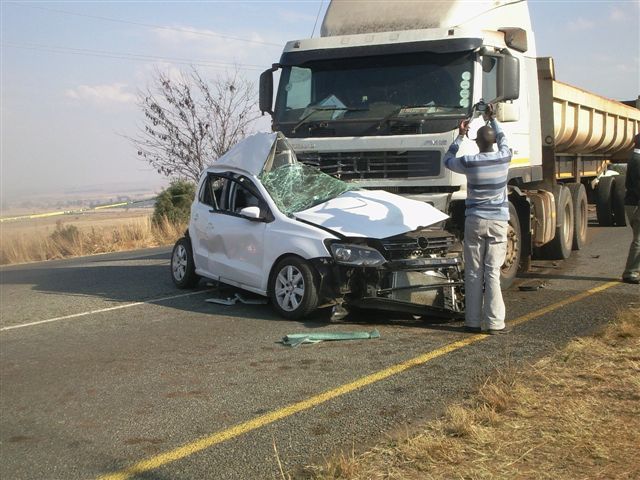
When a truck driver is injured in a traffic accident while on the job, a natural question arises: Can they receive workers’ compensation benefits—even if they caused the accident? Another common concern is what happens if the employer fires the driver afterward. These questions often come up after serious injuries, and the good news is that Iowa workers’ compensation law provides clear protections for injured workers—even those who may have made a mistake behind the wheel.
Workers’ Compensation Is a No-Fault System
One of the most important things to understand about workers’ compensation in Iowa is that it is a no-fault system. That means a worker who is injured in the course and scope of their employment is generally entitled to benefits regardless of who was at fault in causing the accident.
If a truck driver is injured in a crash while working, even if the accident was their fault, they are still eligible to receive workers' compensation benefits. These benefits can include:
- Medical care for injuries related to the accident
- Weekly compensation checks for time missed from work
- Permanent disability benefits, if applicable
- Vocational rehabilitation in some cases
The key is whether the injury occurred while the employee was performing job duties—not whether they were driving perfectly.
Getting Fired Doesn’t Cancel Workers’ Compensation Benefits
Sometimes employers terminate employees after a crash, especially if the accident was serious or caused significant damage. While that may be a separate employment issue, it does not cancel the worker’s right to receive workers’ compensation benefits.
Even if the employer had valid reasons to fire the worker—such as violating safety policies or company procedures—the firing does not destroy a valid workers’ compensation claim. In the eyes of Iowa law, the injury happened during the course of employment, and that’s what matters.
Fault Does Not Equal Forfeiture of Benefits
Let’s be clear: the fact that a truck driver was at fault in causing a motor vehicle accident does not disqualify them from receiving workers' compensation benefits. Many workers mistakenly believe that because they caused the accident, they don’t have a right to make a claim. That’s simply not true under Iowa law.
An injured worker might feel guilt or embarrassment if they made a mistake that led to a crash, but from a legal standpoint, their eligibility for benefits remains intact. Fault is irrelevant to whether benefits are owed.
The Importance of Seeking Legal Help
When injuries are serious, the consequences can be life-changing. Medical expenses, lost income, and the inability to return to work can put tremendous strain on a family. Unfortunately, some employers and insurance companies may try to discourage workers from pursuing their claims or suggest that they don’t qualify because of their own negligence.
That’s why it’s crucial for injured truck drivers to speak with an attorney familiar with Iowa workers’ compensation law. An experienced attorney can help ensure that the worker receives the medical care and income benefits they are legally entitled to and push back if the employer or insurance company tries to deny or minimize the claim.
Don’t Assume You Have No Case
Truck drivers play a vital role in our economy, and their work often puts them at greater risk of injury. If you or a loved one has been injured in a trucking accident while on the job—even if you believe you were at fault—don’t assume you have no right to benefits. Iowa law protects you, and you have the right to receive the compensation needed to recover and rebuild.
If you’ve been hurt in a work-related accident, contact LLDDC Law specializing in Iowa workers’ compensation claims to discuss your options and protect your rights.

Personal Injury: Dealing with Insurance Company Surveillance in Des Moines, IA and Surrounding Areas
Learn why insurance companies use surveillance after an accident and how it can impact your case. Talk to trusted Des Moines injury attorneys at LLDDC Law—free consultation, no fee unless we win.

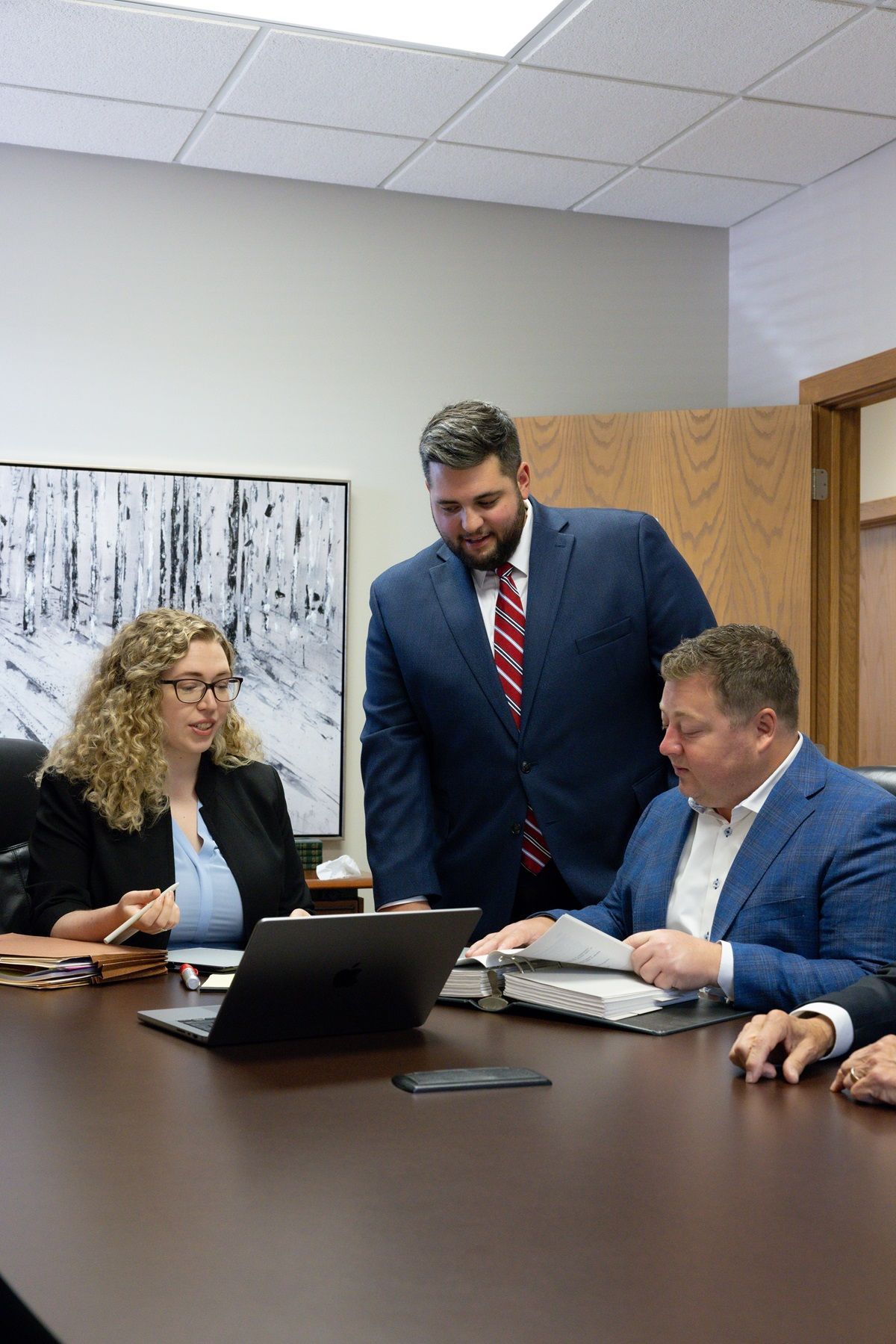
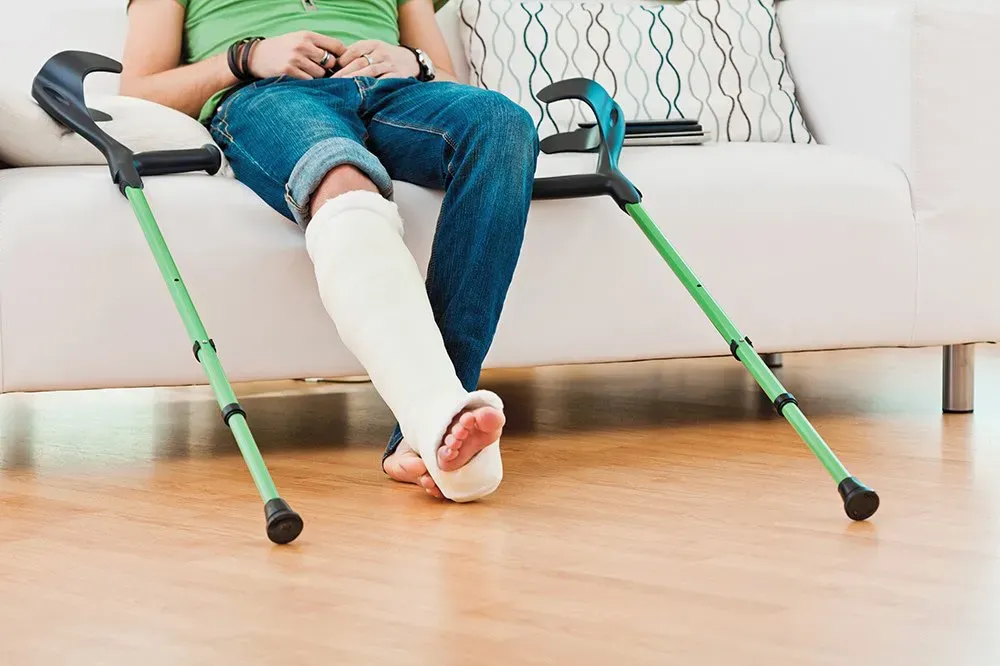

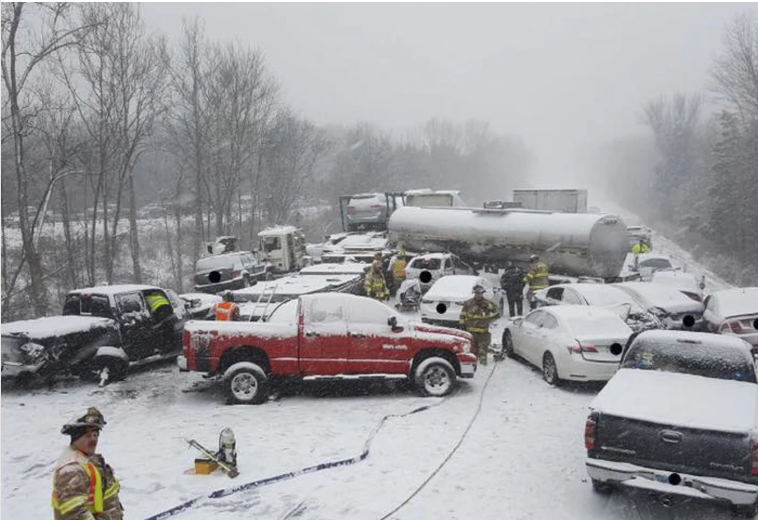
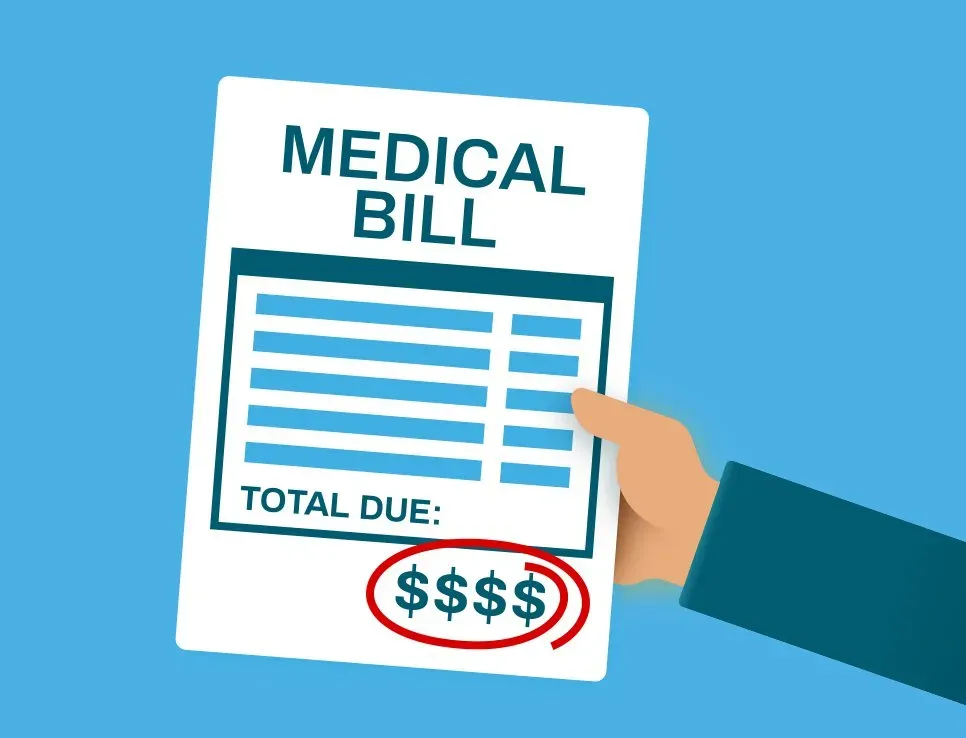
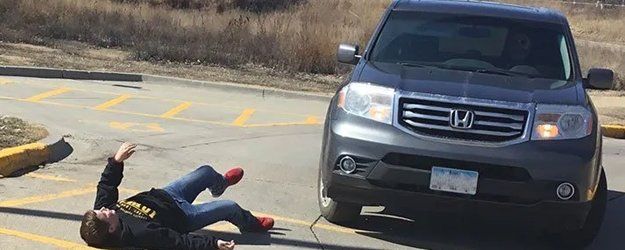
Share On: